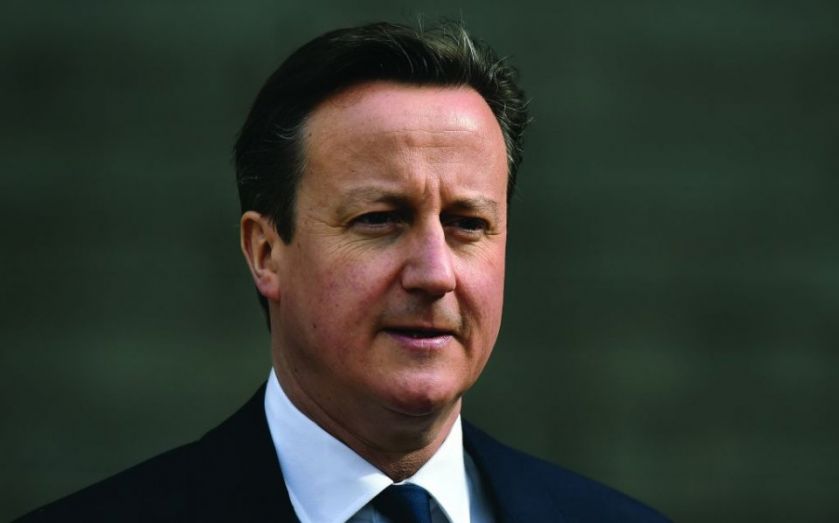David Cameron and Nicola Sturgeon talk Scottish devolution as PM bids to save the union

Prime Minister David Cameron and First Minister of Scotland Nicola Sturgeon will meet face-to-face for the first time today since last week’s General Election.
The election ushered in big victories for both Cameron’s Conservatives and Sturgeon’s SNP, with the Prime Minister’s party securing an outright national majority and the Scottish nationalists winning 56 of Scotland’s 59 seats in Westminster.
The two party leaders will sit down in Scotland and are expected to discuss Cameron’s proposals for further devolution of powers from Westminster to Holyrood. The Queen’s Speech, which is set to be delivered later this month, is reported to include a new Scotland bill.
The Prime Minister will say: “I am here today to underline my commitment to our United Kingdom and Scotland’s important place within it.”
“That means remaining true to the promise we made to implement the all-party Smith agreement to make Scotland one of the most accountable and powerful devolved parliaments in the world,” he will add.
The Smith Commission, a cross-party group convened following the “No” vote in last September’s Scottish independence referendum, recommended giving Holyrood complete power to set income tax rates and bands, collect a share of VAT and control air passenger duty, among other tax-and-spend responsibilities.
Sturgeon has described the Smith Commission report as “a strong starting point” that “does not go far enough.”
Meanwhile, the Scottish parliament’s further powers committee, which includes members from multiple political parties, said yesterday that draft clauses of a new Scotland bill prepared by the last government did not deliver on the taxation freedom requests of the Smith Commission.
Bruce Crawford, an SNP MSP who convened the committee, said: “The current proposals do not yet meet the challenge of fully translating the political agreement reached in the Smith Commission into legislation.”
A Scotland Office spokesperson said any new Scotland bill would be subject to standard parliamentary scrutiny.
“The Secretary of State has been clear: there will be a full parliamentary discussion of these issues where differing views can be heard,” they said.